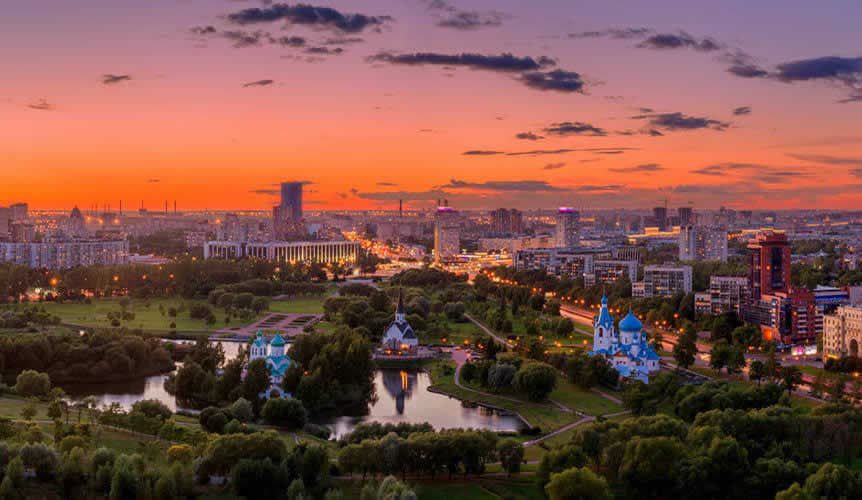v

2. In modern Russian, people do not almost use the word “comrade – товарищ”, so we, Russians, are left without a special word, which appeals to another person or group of people. Sometimes you can hear “ladies and gentlemen- дамы и господа “, but it sounds a little pretentious and unnatural. People may use “man, woman,” but that’s a little harsh. Over the past 20 years, the Russians have not been able to decide how to address other people, so in each situation they choose the most appropriate treatment.
3. The verb “to be – быть” is not used in the present tense. And it is used in the future and past. He was here – он был здесь. She will be here – Она будет здесь. I am here – я здесь.
4. Word order in Russian sentences is free, but that doesn’t mean you can put words as you want. The order of words can dramatically affect the meaning of a sentence. For example, “I’m going home – Я иду домой” simply means “I’m going home ” (although, of course, a lot depends on the intonation), but “I’m going home – Я домой иду ” means that “I’m going home, not somewhere else.” And “I’m going home – Домой иду я” means “It is me, who is going home, not you or anyone else.” So the word order in Russian depends on what you want to say.
5. To make a standard sentence the general question, it is not necessary to change anything, but intonation. “You’re home – Ты дома” is a statement, and “You are home? – Ты дома?” is already a question.
6. The numerals 1 and 2 have a genus, and the others do not. One boy – один мальчик, one girl – одна девочка, two girls – две девочки, two boys – два мальчика, but three boys / girls – три мальчика/девочки.
7. The numeral 1 has a plural (одни).
8. Verbs have gender in the past tense, but not in the present and future. He played – он играл, she played – она играла, he plays – он играет, she plays – она играет.
9. Russian nouns are “animate”! This means that some “animate” nouns are considered more alive than inanimate nouns. For example, in Russian “Dead – мертвец” is considered more alive than “corpse – труп”. (Do I see whom? A dead. – Вижу кого? Мертвеца.
Do I see what? A corpse. Вижу что? Труп.).
10. In Russian there’s a word of two letters, in which you can do 8 mistakes – one kind of soup – щи. Russian Empress Catherine the Great, at the same time a German Princess Sophie, wrote a simple Russian word “щи” like “schtschi”, and here are 8 letters, all of which are wrong!



















